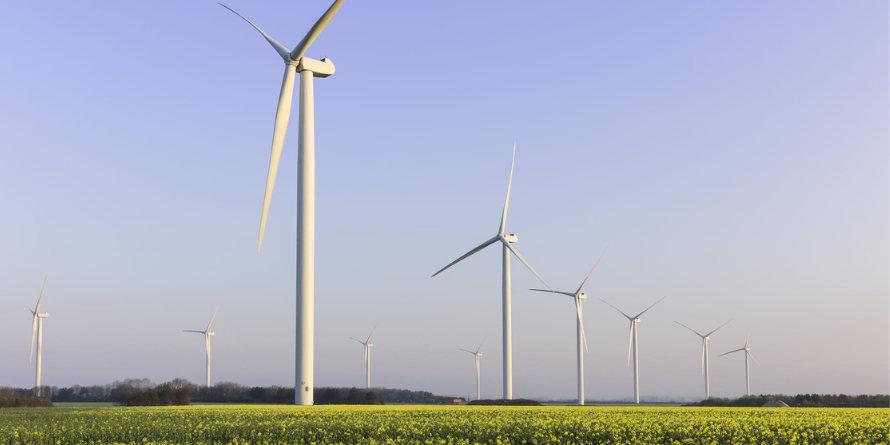The risk of climate-related failure of the UK power system is rising and needs addressing urgently, according to a new report.
The Climate Change Committee (CCC) warned that security of supply of the electricity system is one of the key priority areas that need immediate focus to protect the public and the economy.
Increased electrification of energy means the system is more vulnerable to any impact of extreme weather driven by climate change such as flooding, water shortages, increased temperatures, storms and sea levels.
The CCC highlighted the blackout seen in August 2019, when a lightning strike led to issues which left a million people without power and stranded train passengers for hours, as an example of the impact weather can have on energy supply.
The report also stressed that the growing proportion of renewable generation poses weather-related challenges, for example during times of low wind and cold weather.
The CCC has urged the Government to work with Ofgem and the industry to review the approach to electricity system design and risk assessment, ensuring that the more central role of electricity in the UK’s energy system is taken into account.
“The severity of the risks we face must not be underestimated,” said Baroness Brown, chair of the CCC’s Adaptation Committee.
“A detailed, effective action plan that prepares the UK for climate change is now essential and needed urgently.”
Read more

 United States
United States Australia
Australia





